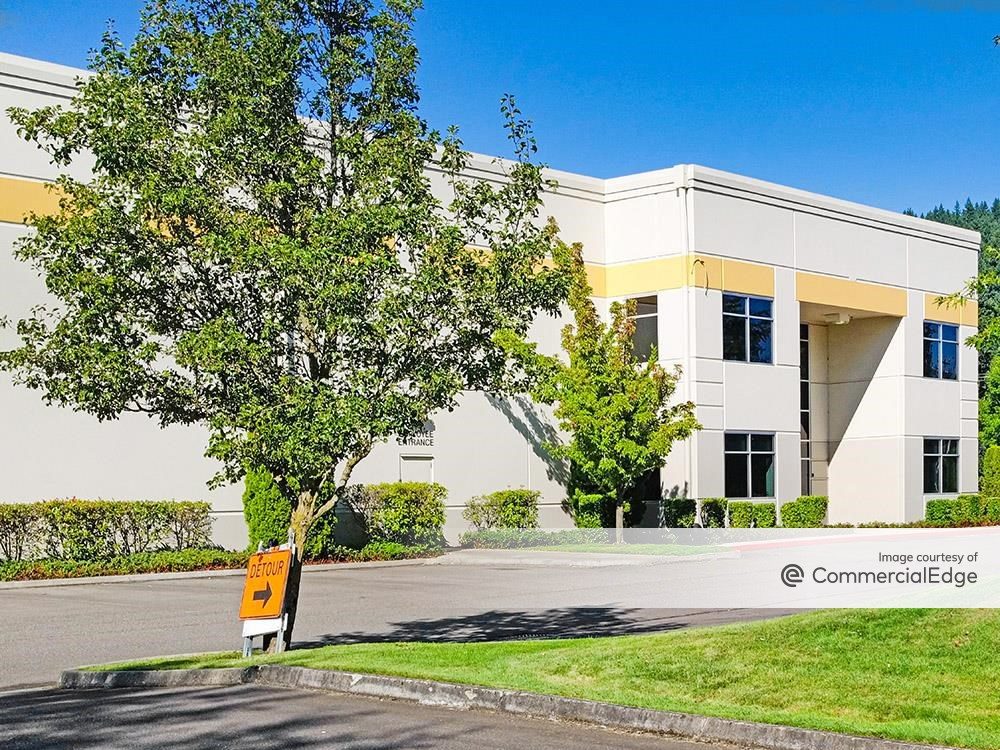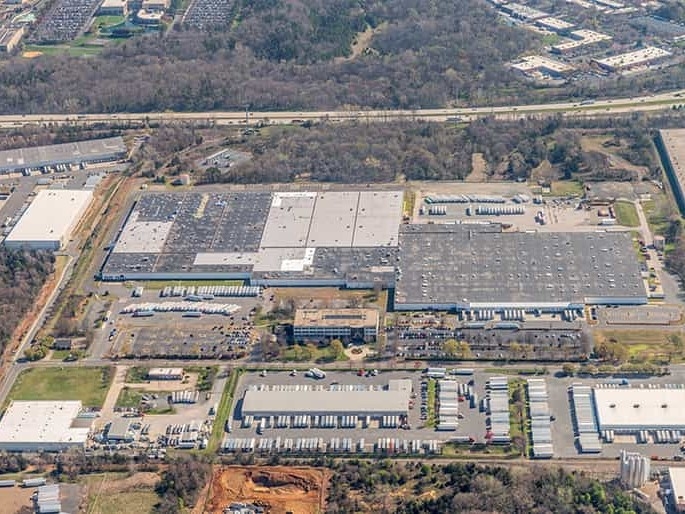The Future of NNN: Easier, More Accessible
Brokers+Engineers’ Camille Renshaw reveals the story behind the industry’s first technology platform for trading triple-net lease properties. She also discusses the factors shaping this unique real estate niche.
By Alexandra Pacurar
Innovation is creeping in even in the most conservative corners of the real estate industry. It’s been seven months since Brokers+Engineers—the first online platform for trading triple net properties—was launched. Since then, the company opened a new office in San Francisco, in addition to the ones in New York and Tampa, Fla. The team led by Camille Renshaw is transforming the way investors are looking at NNN transactions.
Step by step, Renshaw—an experienced professional in real estate tech—is trying to build consumer confidence in what might seem like an unreliable space for trade. The key appears to be the possibility of a virtual space shared by sellers, buyers and their teams of brokers, lawyers and accountants. “B+E will maintain the largest NNN data set in the industry, with technology products that will leverage this data to provide a new standard of advisory to brokerage clients,” she said at the time the platform was launched.
Renshaw, a former head of sales at Google Capital company Ten-X and founder of Stan Johnson’s New York City office, is drawing from past experiences to build a stronger platform that will help shape the future of the NNN segment.
Tell us about the B+E platform.
Renshaw: The B+E trading platform is customized for stabilized net lease properties like a Walgreens that has 10 or more years (left on a lease) and is ideally suited for conducting a 1031 exchange. The platform provides information to the user about credit and other metrics that matter in net lease brokerage but are pretty hard to drill down when you go to more general platforms.
Our trading platform is customized and you are going to see more customization in the coming months as we make it more like a stock and bond trading platform. We are learning a lot not necessarily from other people in commercial real estate, but from folks in the stock trading world. We do care about the real estate side but we care more about the credit and the lease terms themselves. Is it truly net lease? How long is the lease? Is it an investment-grade credit? What industry segment is it in?
A trading platform and a brokerage firm are two different concepts currently in CRE. We are out to change that. In the stock and bonds world, the concepts work together seamlessly. For some reason, in CRE, we think the trading platform is this cold distant tech operator that is not really involved in my particular transaction and the broker is the person who has their hands on my transaction and understands me and what I need. And B+E is working to bring those concepts together. We are trying to make net lease more modern.
This sounds like a rather unique approach.
Renshaw: We are the first. It would be net lease that would lead the way on the marriage of CRE and trading. And there aren’t that many folks that are deep in both net lease and technology. It’s kind of a small sector. We are excited to be in this spot at this moment.
The challenges must be unique too. Could you name a couple of challenges you have come across so far?
Renshaw: There are challenges. We don’t need to go too fast. We really need to make sure that anything that we build is what our users want. We’ve learned some lessons from prior companies. For example, clients don’t want to submit their contracts online yet. They’d rather work with their attorney. We are now enabling the buyers to build a team—to add a CPA, a lawyer etc. They can see a lot of these things and be able to keep everybody on the same timeline. But then also have everybody mutually understand the blended cap rates. That’s one of the things we are working on—making sure everyone’s got shared communication.
How do you see the triple net lease market judging by transaction volume?
Renshaw: It’s interesting. We don’t see pricing moving that much, but we do see volumes down and some of that is just the quality of deals that are on the market. If you’re in a 1031 exchange right now, it’s not incredibly easy to find great property. That’s part of what is slowing things down a little bit. But there is always, at this point in the cycle, some gap between what sellers want and what they’ve been getting for the last couple of years in terms of pricing, and what buyers are willing to pay relative to underlying debt.
Buyers are seeing some movement in interest rates and they’re seeing a little movement in terms of mortgage rates, but not much. But they’re trying to leverage that to get better deals and the sellers are not necessarily going along. So, that’s affecting the volume of trading. But really the market is still quite strong.
What is always interesting about this segment is that it really does act more like the bonds segment than the stock segment. That’s kind of where our head is at. For example, during the recession, I can’t tell you that none of our clients lost money—some of them did—but none of our clients got hurt badly. It just didn’t work that way. If you had a 15-year Walgreens lease, by the end of the eight-year cycle you had a seven-year Walgreens and you got your rent the whole time. If you made a bad bet on a Best Buy or such, then that’s where there would be pain, but really that was fairly limited.
How are changes in the economy and legislation reflected in the NNN business?
Renshaw: The most interesting is the way the federal tax law is impacting our segment. We are quite tax sensitive, because the owner is going to continue to pay tax. In a space where they have, historically, been able to write off all those property taxes and associated municipal taxes, they have underwritten long-term transactions to a given rate of return and suddenly that’s changed. This is, again, like the bond segment. We’ve got pretty tight margins. It’s great because the risk is low, so the deals have pretty thin margins.
Therefore, when you add additional taxes—under the new legislation you can only write off $10,000—and your property is in a high-tax state, you want to sell that asset at this point and buy a deal in a state with low to no income taxes. We’re seeing listings in the Northeast, listings in California. Folks wanting to move into Florida, Texas, Tennessee. When you get some tax advantages by moving down there it’s totally worth the transaction cost to get into those other states to protect your equity. We’re seeing a lot of that movement right now.
What can you tell us about the impact of e-commerce on the NNN sector?
Renshaw: E-commerce has affected everything, of course. A couple of years ago, one of the principals at Bucksbaum said to me that street retail feels a minimal impact if Amazon goes from 6 percent market share to 8 percent, that it is a trend, but it’s not as crazy as everyone is making it sound. Instead, the major shift is that shoppers want to have experiences when they are in brick and mortar stores, and older retailers that do not provide this are losing markets share.
A lot of retailers are not actually updating concepts and Millennials, a new generation with completely different drivers than my generation, demand an experience. When you go into a community, you’d rather go to a restaurant and have an experience then go into a hardware store, a place that just has goods and racks stacked on the wall, where you get in and you get out. So, the big trend here may not be the e-commerce piece, it may be the fact that retailers who need to have a street presence aren’t stepping up in offering an experience. They’re not really engaging with their customers, making them want to be in the store.
How do you see the NNN business going forward?
Renshaw: I’m really excited about it. I think we are entering a new era. I think the sales cycle is going to compress. This will make the market more liquid. It’s going to get easier and more accessible in a way that stocks and bonds have. Greater liquidity will enable more folks to get in the NNN segment and trade. And that’s exciting. Everyone wins when that happens. It’s the American Dream, right? You own real estate.
Image courtesy of Brokers+Engineers









You must be logged in to post a comment.